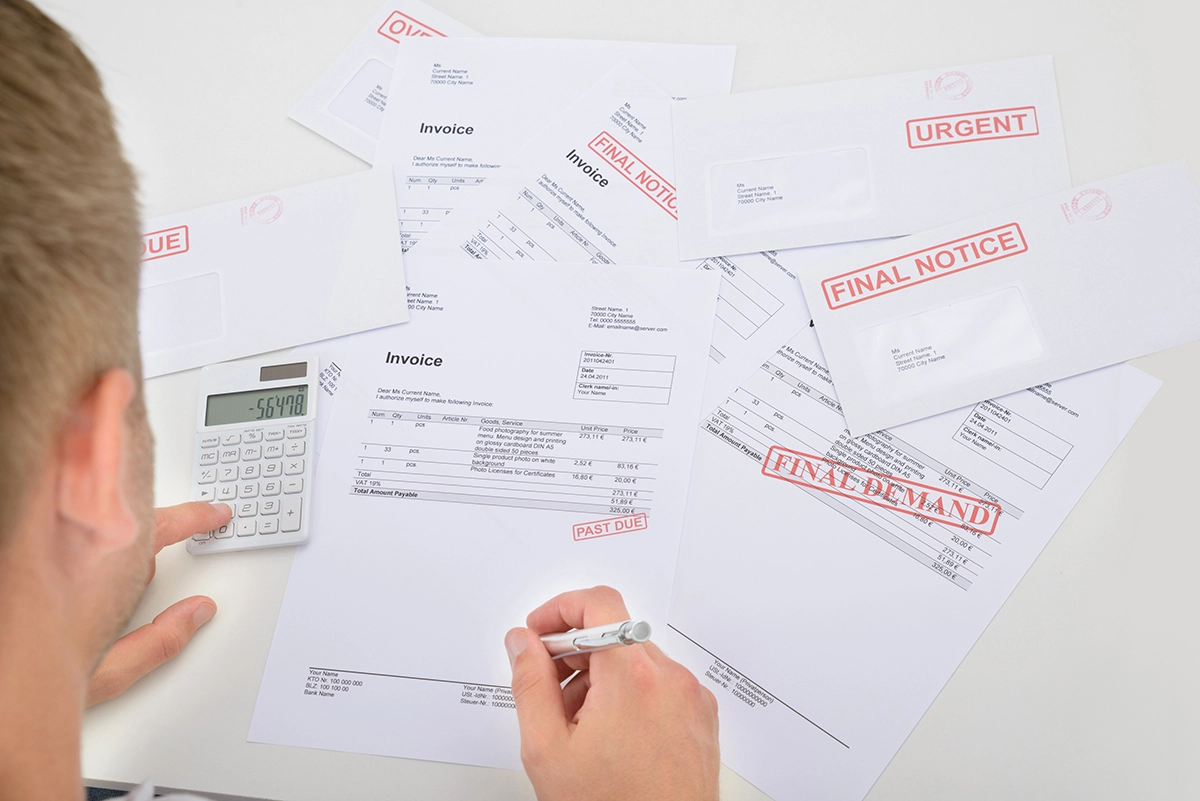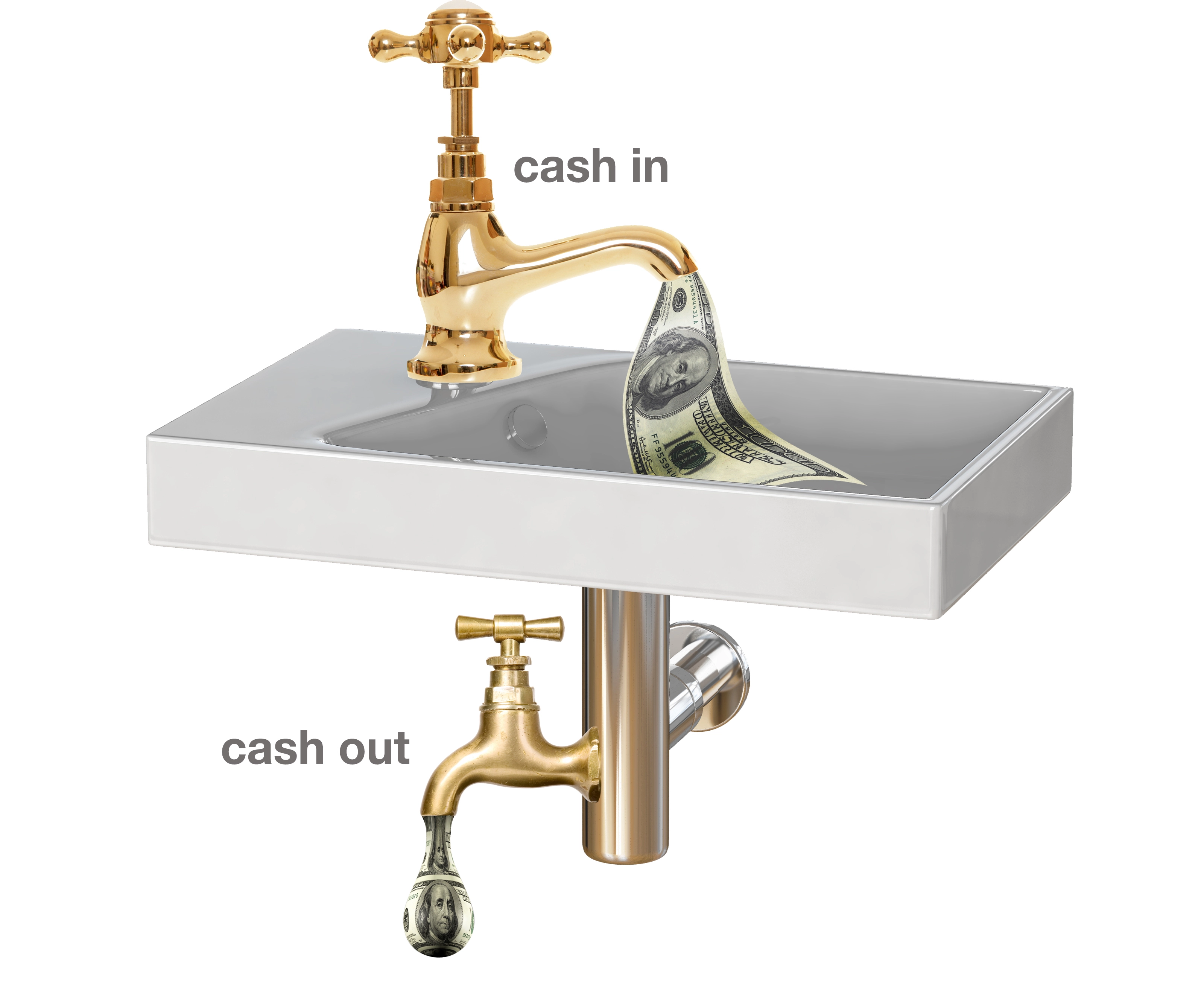Editor’s Note: Due to the unprecedented situation we find ourselves in with COVID-19, Ruth King is suspending the Rules of Wealth series and writing about actions that can help you survive these times and prepare for the future. Once this pandemic is over, she will resume the Rules of Wealth.
The old saying was “Cash is King.” Now, in this era of quarantines and stay-at-home orders, cash is even more important. Cash is now emperor!
Here are five ways you can generate and watch your cash now.
Revisit Tickler Files
Thankfully, HVACR is deemed an essential business and will become more essential as it gets hotter. You can work. Just do it safely!
There should be a list of work that customers said at the end of last year, “I think I will wait until next summer before I make those repairs.”
That is your tickler file. Contact those people by phone, text or email (many are responding more to texts than in the past) and find out whether they want the work done now.
Many people are home and want to get their systems prepared for summer now. There are others who are requesting that you move your maintenance to later this summer. Until you contact them, you don’t know into which category they fall.
In addition, customers have declined repairs. A quick phone call to let them know you care is important.
You can gently remind your customer that the last time your technician was at their home, he mentioned additional work on the HVACR system. Your technician is available to perform that work safely and without contact if they want to go ahead with it.
Proposal Files and Quotes
Unfortunately, many salespeople give a customer a proposal/quote and either never follow up or only follow up once. Many times, the customer has not bought from anyone. They’re waiting to hear back from a salesperson.
One of my clients laid off his salesperson and started going through his files. He made many telephone calls and within a day uncovered $80,000 of work the customer said yes to … Many people told him “we never heard back from anyone.” Follow up — even if the proposal/quote is old.
From a commercial perspective, many customers wanted the work done now when no people were in the building. It caused the least amount of disruption of their otherwise normal business.
Watch Your Cash
Log on to your bank account every day. Make sure there is nothing you don’t recognize. Look at deposits, checks and ACH withdrawals. Do they make sense? If not, start digging.
The bookkeeper for one of my clients noticed two deposits, each less than $1. He assumed the owner was setting up a new account and didn’t think to ask him about it. The next day the bank called and asked whether they had authorized a $50,000 withdrawal from their account! Obviously, they shut down the account immediately. If something doesn’t look right, question it immediately.
New Ratio
Use this new ratio to watch your cash on a weekly basis:
Accounts receivable + cash
Accounts payable + credit cards
My old ratio, accounts receivable divided by accounts payable, is not as valid in these times. Now the amount of cash that you have and the amount of credit card payments owed, are just as important.
This ratio should be steady or increasing. If it is under one, you are in trouble because you will not be able to pay your bills. You need to generate profitable work and collect the payments for that work, to steadily increase this ratio. without profitable work.
Inventory is a Bet
This is especially true, especially in these times. You are using your precious cash to purchase items that you may not sell quickly.
Watch your inventory purchases. If at all possible, use the parts in your shop and on your trucks to complete service calls and jobs. Purchase additional materials only when you need them for a job or a service call. These purchases are not inventory. They go directly into cost of goods sold.
Your inventory days should be less than 30 days (Inventory days are 365 divided by inventory turns. Inventory turns are Annualized cost of goods sold divided by inventory).
Your shelves should be bare at the end of this pandemic!
Cash is no longer king — it is emperor. Watch it closely.






